Noise. Distortion. The blow of guitar amps. The grainy fuzz of home videos. Memories you can feel but not quite see. For Yasir Razak, musician and leader of the Iraqi-American band Nabeel, there’s comfort to be found in these hazy spaces, somehow more than high-definition memories. It’s in this place – where recollection blurs with imagination, and “home” is less a fixed place than an imagined idea – that Nabeel makes dreamy, dissonant rock music reaching for wholeness across homelands and family lines.
Razak’s journey to forming Nabeel began as a child in the ’90s, when his family moved from their native Iraq to the U.S. state of Virginia. His early memories, and introduction to American culture, were intertwined with music – his formative years were spent watching MTV with his older brother, listening to The Smashing Pumpkins and exploring Virginia’s DIY music scene. During his college years in the Shenandoah Valley, he frequented live venues like The Crayola House along Route 81, his mind expanding with the freewheeling creative expression of The Sediment Club and other alt bands.
Naturally, then, Nabeel’s sound is rooted in the distortion and grunge of Razak’s beloved alt-rock and shoegaze. Songs like ‘Wasal’ and ‘Dayr Bali’ from their forthcoming EP ‘Ghayoom’ (“clouds” in Arabic) are gritty and dense, while ‘Yalma’ and the title track draw on the immersive yet unhurried soundscapes of Virginia slowcore.
“There’s such an emotive quality and warmth to distortion, whether it’s visual or sonic,” Razak notes. “Dissonance feels fantastic in some way, imbued with a sort of wonder. Even if I think about video, what resonates most with me is never high resolution. It’s the quality of static in old videos from my childhood, this beautiful texture of wonder and overwhelm.”
While its sound is inspired by Razak’s American musical education, Nabeel’s name is a tribute to Razak’s father. “In Arab culture, your name is your lineage, where you recount the patriarchs in your family,” Razak explains. “I realised that if you were to look at my ancestry on a map, you’d see this stippling all through Iraq and then suddenly see this extreme outlier of myself in America. The name feels like re-establishing a connection to our lineage.”
“Home” – and finding a way back to that place – is one of Razak’s foremost personal and creative motivations. “Whilst my family is from Iraq, I don’t know that it feels like home to me,” he shares. “It felt so unfamiliar when I’ve been there. In a lot of ways, I feel like an outcast.”
Amid sporadic visits back to Iraq, his most recent trip in 2022 was profound. On a material level, he was struck by the difficulties of daily life in Baghdad, the scars from decades of conflict still persisting. Reuniting with his family was even more affecting: “It felt like returning to a site of extreme magnitude for my life”. Despite not seeing each other for 20 years, his cousins remembered him well. “Feeling their love and their knowing of me, even after all this time and distance, was really healing,” he remembers.
“For me, home actually feels more like an imaginative space,” he continues. “I think diaspora folks rely on imagination a lot to facilitate our inner landscape of home. Maybe there’s a sort of ‘imagined’ Iraq, in some way, where I can dwell in my mind.”
 Nabeel credit: Press
Nabeel credit: Press
The project of Nabeel is spurred by a sense of nostalgia and that imagined homecoming. “I don’t have anything passed down from my grandparents from Iraq,” Razak says. “Without that continuity of history, I’ve always been trying to find things from my past, to piece together clues into what my life was like in a place that I have no real idea about.”
He credits this for the vintage quality of Nabeel’s visual identity. Several of their music videos are lovingly stitched together from old family footage, including precious home movies filmed by Razak’s father during their early years in the U.S. Through clips of smiling young parents and trips to the amusement park, we see intimate glimpses of new life unfolding, days tinged with the quiet strength of adapting to a strange new place: “Photos and videos are my window back into that world.”
Razak had played in various bands prior to forming this project, but felt an impetus to start Nabeel after becoming involved in diasporic communities online, especially Iraqi and Arabic-speaking groups. “So many people are doing cool stuff in the Middle East and North Africa,” he says. “I was inspired to start making the kinds of music I loved, and to do it in Arabic. I couldn’t believe it wasn’t around yet.”
Choosing to only sing in Arabic, Razak faced a personal hurdle – overcoming his own “linguistic insecurities” around the language. Writing and singing in the Iraqi form, he says, is especially challenging due to it being “very different from standard classical”.
“I think diaspora folks rely on imagination a lot to facilitate our inner landscape of home”
“Language is such a manifestation of our relationship with identity,” he explains. “There’s often this pretty common diasporic guilt around language and our connection to home. ‘Who am I to be doing this? Who am I to even try?’ My biggest challenge has been to just write and present the language in the way that I use it myself. It’s been really liberating.”
Language is a pillar for Razak. Growing up, he helped his mother prepare for her US citizenship test; he then taught “English as a Second Language” classes to new immigrants. Today, he works as a high school English teacher. And while he chooses not to publicise his music career with his current students, he believes his teaching is closely connected to the Nabeel project.
“Language is the first touchpoint for people in a new country,” he considers. “They’re here, sitting at the precipice of a whole new life. Through language, you’re also helping them navigate public systems, supporting their families, showing them what life may be like in this new place. Nabeel is always going to represent that kind of journey.”
His lyricism is dreamy and abstract, constructed in poetry, playing in that same hazy space as the home videos. Tracks like ‘Ghayoom’ and ‘Wasal’ on the EP are heady and emotional, exploring themes like fear of change and dealing with loss. “I wrote these songs at a very existential time, when I was struggling with the impending loss of everything I currently know in life,” Razak reveals. “Whether that’s my parents getting older, or how basically everything will change and won’t stay the same, I sit with this central awe of life and death.”
 Nabeel credit: Chez Goodspeed
Nabeel credit: Chez Goodspeed
With lines like “just give me something that won’t change”, the words are fluid and elemental. “They don’t have a concrete, objective meaning,” Razak says. “They’re a feeling. At the core of the lyrics is this belief that language is emotionally charged.”
It’s uniquely beautiful to hear his parents’ native Iraqi Arabic intertwined with the sonics of alternative rock music. That synthesis is resonating with others, particularly young Iraqis. “Never in my 20 years of living would I have ever expected to see the words “iraqi” and “shoegaze” in the same sentence,” a user commented under one of Nabeel’s videos. Razak receives “overwhelmingly positive” messages from around the world, especially “folks who are native Arabic speakers telling me they’ve been craving this and can’t believe it exists”.
Beginning as a tribute to family and a yearning for an unfamiliar homeland, Nabeel has become a mirror for others on their own in-between journeys; an imagined home is now a shared space, rich with communion and belonging built on Razak’s own terms. Razak tells NME, smiling: “It’s been so encouraging and affirming for me to realise that this maybe makes more sense than I ever thought possible.”
Nabeel’s ‘Ghayoom (غيوم)’ is released on July 24


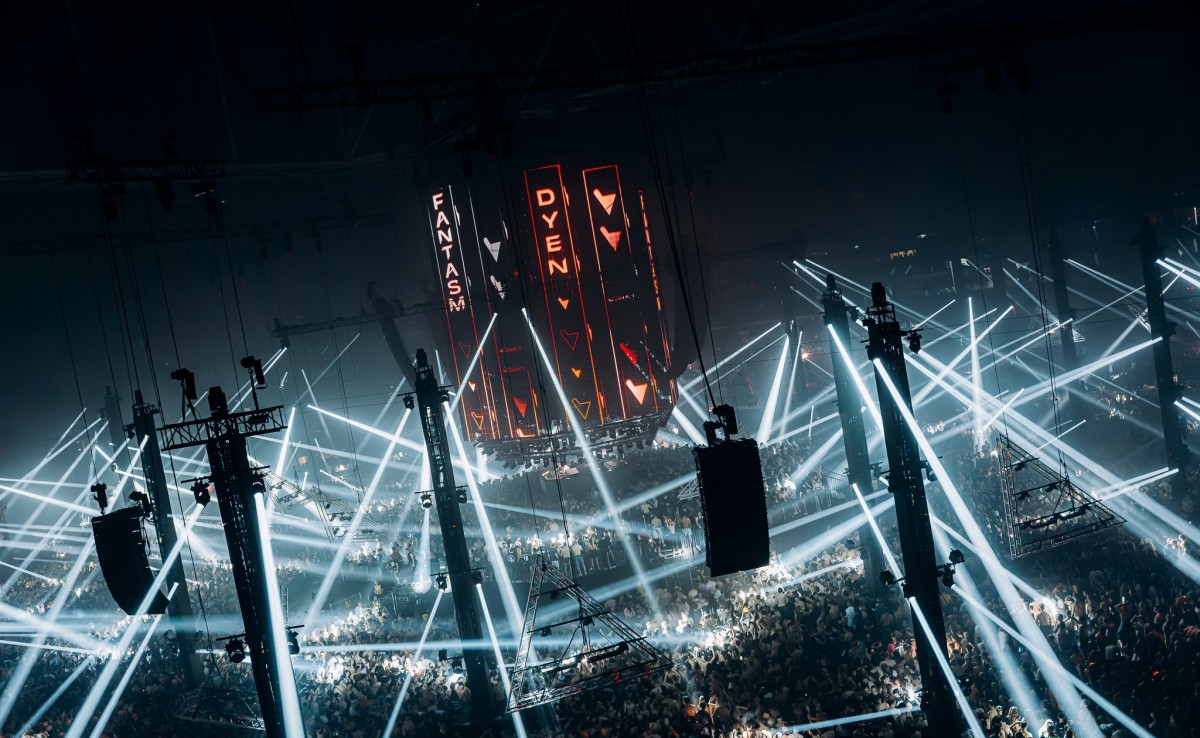
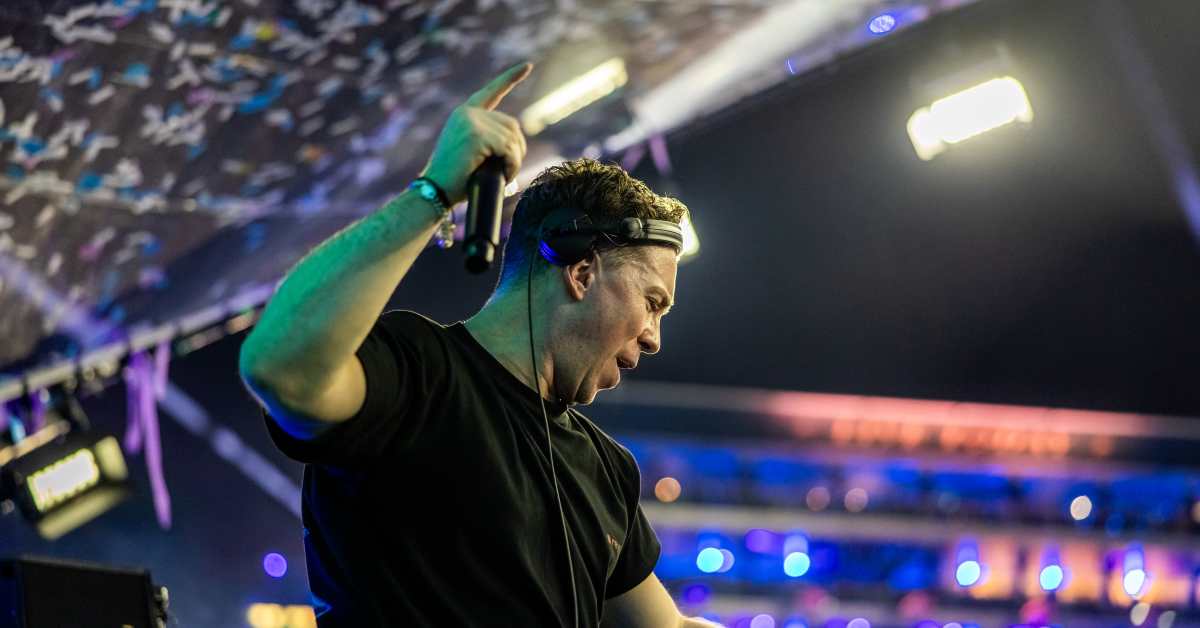
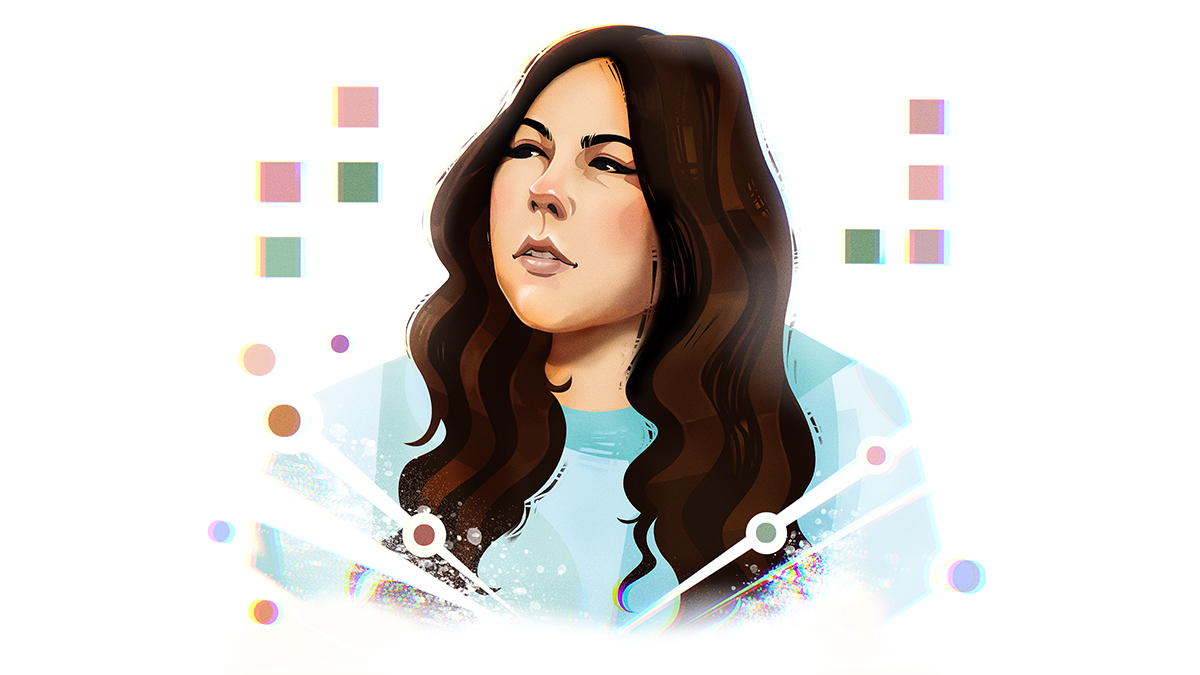


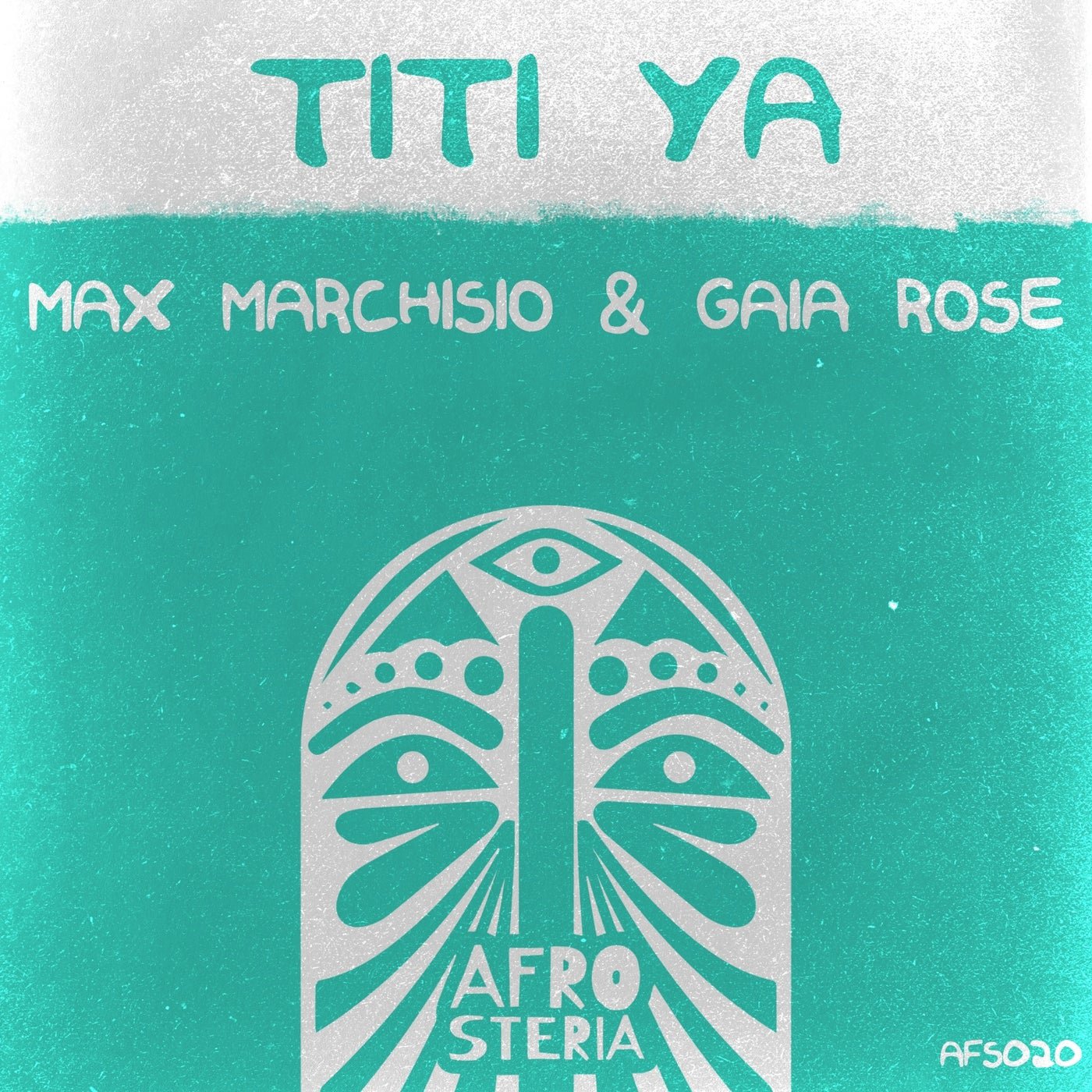
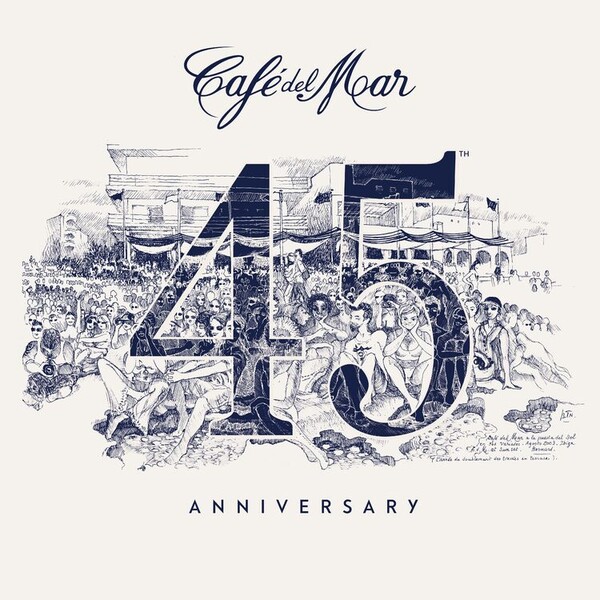
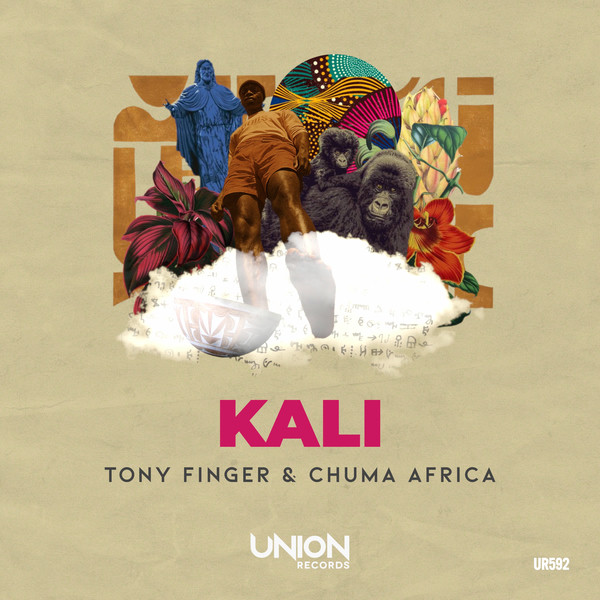







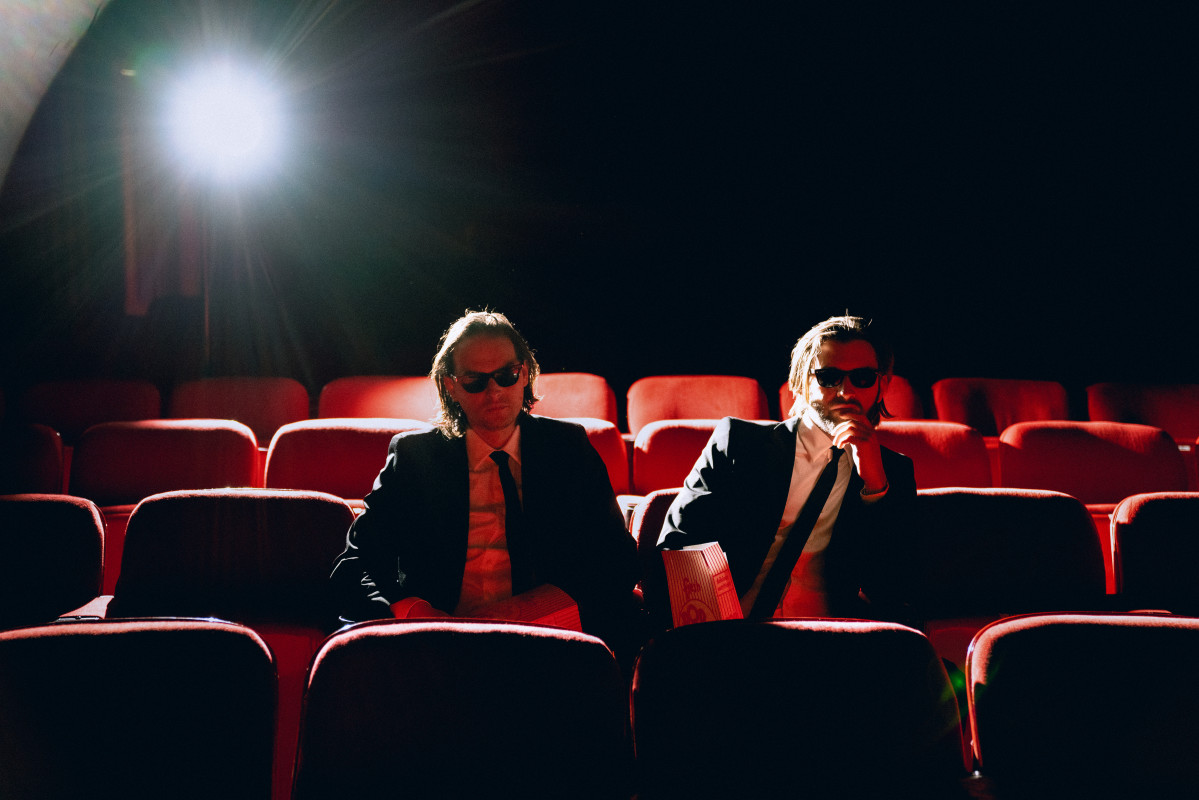

 English (US) ·
English (US) ·